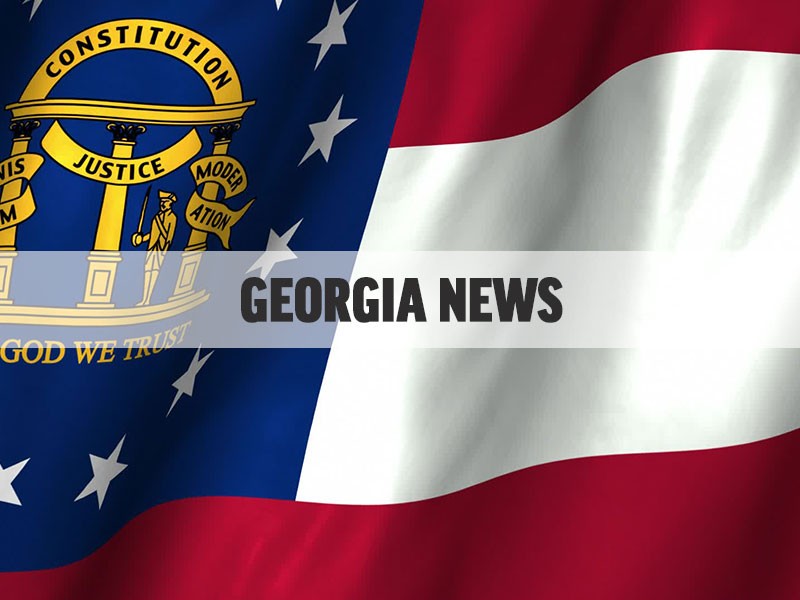ATLANTA — An $834 million interstate toll-lane project is taking shape in the northwest Atlanta suburbs, the start of an infrastructure makeover that officials say will lead to a network of reversible express lanes throughout the metro area.
The Atlanta Journal-Constitution (http://bit.ly/1M4daWh ) reports that the initial phase in Cobb and Cherokee counties is on schedule for completion by summer 2018.
The Northwest Corridor design includes 30 miles of new express roadways along Interstates 75 and 575, with 39 bridges. One bridge is 10-stories tall. Reversible lanes will allow traffic to flow into the metro core during the morning and out to the suburbs during the evening commute.
Also under construction is a 12-mile reversible corridor along I-75 south of downtown in Henry and Clayton counties. That project has a $221 million price tag and is scheduled for a winter 2017 opening.
The toll lanes will be part of the Peach Pass system already in place for the express lanes on Interstate 85 northeast of downtown.
Drivers sign up for a Peach Pass online at www.peachpass.com or buy prepaid ones in stores. The transponder stickers are mounted to the windshield, where cameras read them automatically and drivers' accounts are billed as they use the lanes.
The toll will rise and fall depending on traffic, with the price points set to keep traffic flowing at speeds of at least 45 mph.
The projects follow Georgia lawmakers adopting a $1 billion transportation plan earlier this year, plowing new money into road and bridge construction.
Separately, officials at MARTA, the regional mass transit agency, want to convince lawmakers to back as much as an $8 billion investment in commuter rail, which would be concentrated in Fulton, DeKalb and Clayton counties.
But it's the Northwest Corridor project that already is rising rapidly on some of the state's most clogged commuter routes.
Jill Goldberg of the Georgia Department of Transportation told the AJC that many residents may be seeing just pieces of the project and not appreciate the scope and eventual impact. "We don't usually do a project that is 30 miles long, especially in metro Atlanta," she said, adding, "I think it's a disconnect between hearing stuff and the actual visual of seeing something on the road. That's when they go, 'Look at this, it's huge!'"
David Welden, president of Lost Mountain Kiwanis club, praised the development. "All the way around it's just been a smart project," said Welden. "I think it's an exquisite design. The best improvement in traffic flow in the history of Atlanta."
Welden also serves on a citizen committee studying the possibility of toll lanes on I-285, the perimeter highway that encircles the city.
Drivers will be able to access the Northwest Corridor toll lanes via six new interchanges at I-285, Terrell Mill Road, Roswell Road, I-575, Big Shanty Road and Hickory Grove Road.
Farther north, three slip-ramps on I-575 — now a spur from I-75 into Cherokee County — will enable drivers to transfer from the non-tolled highway into the toll lanes.
The state Transportation Department and the State Road and Tollway Authority will maintain and operate the lanes.
The first reversible tollway was built in San Diego in the late 1990s. Dallas and Houston have since undertaken mega projects adding reversible lanes to existing highway systems.









